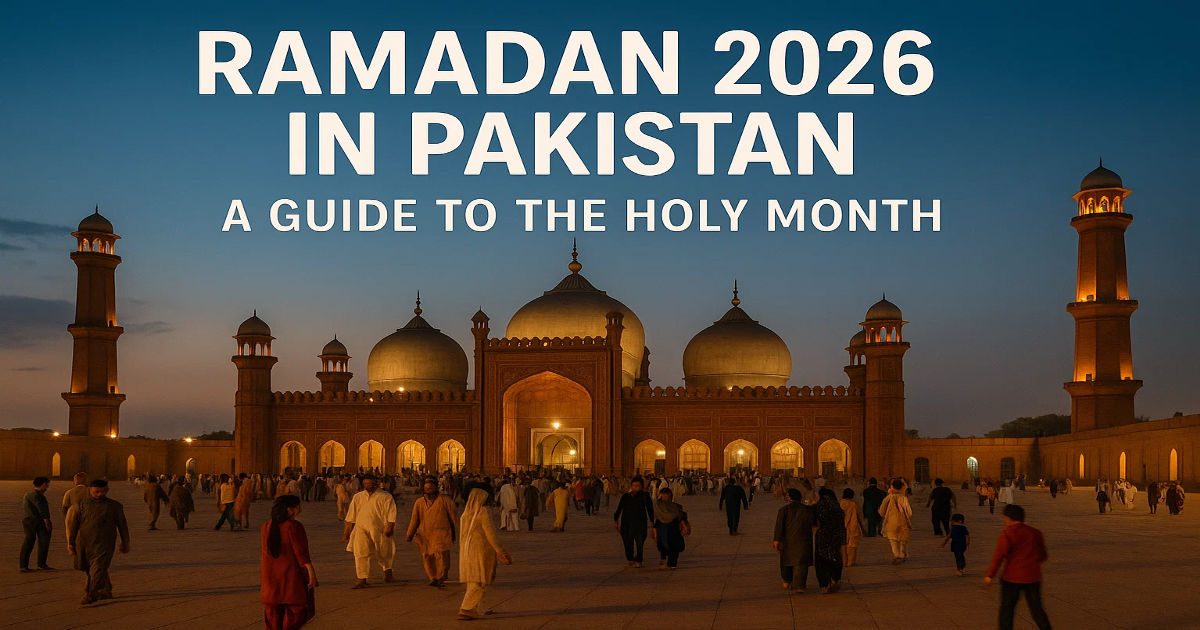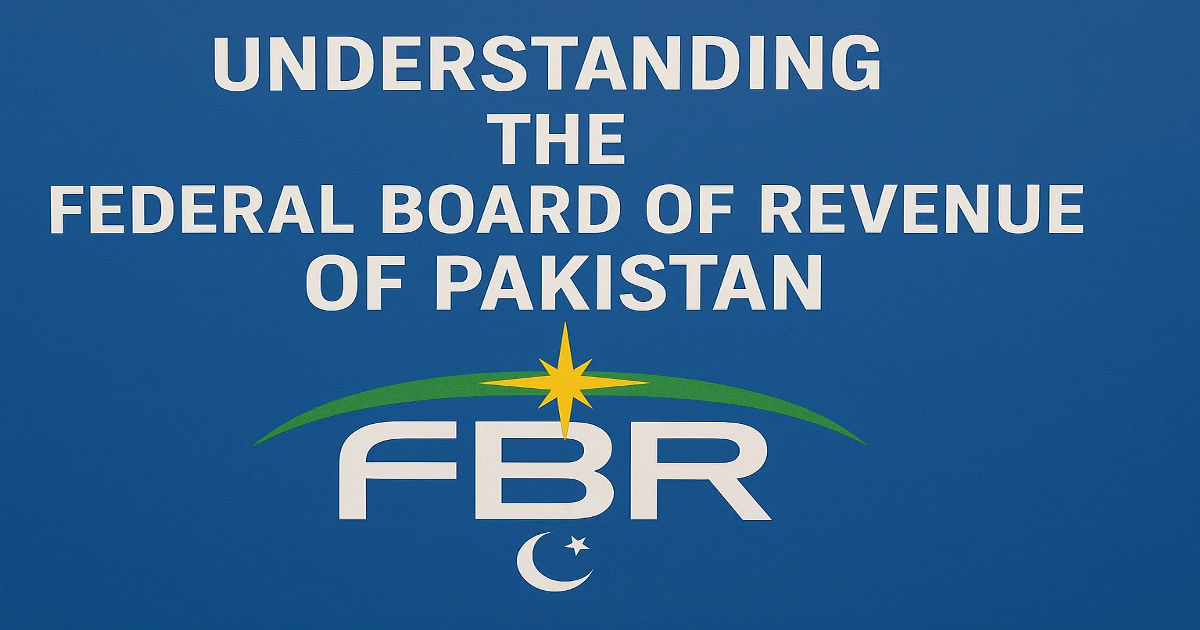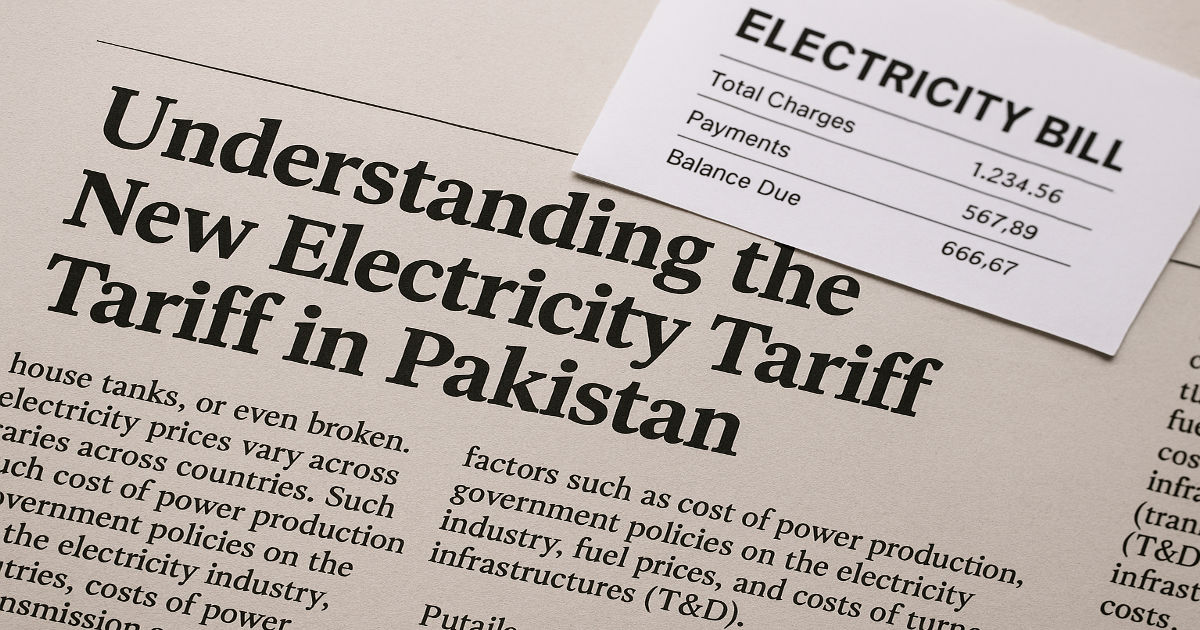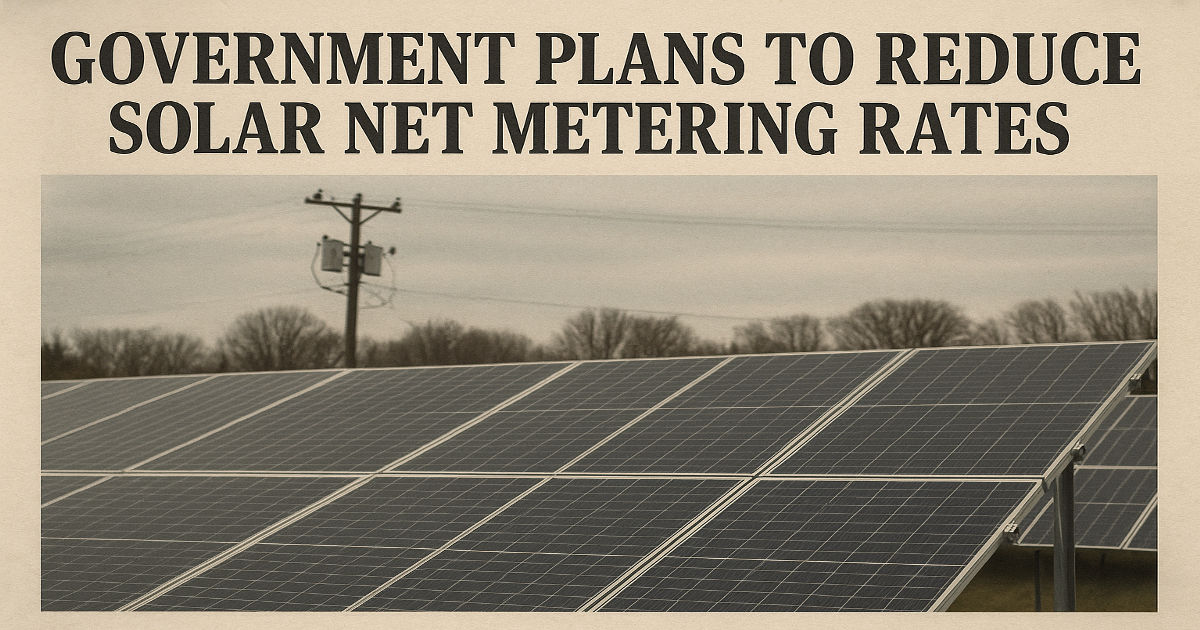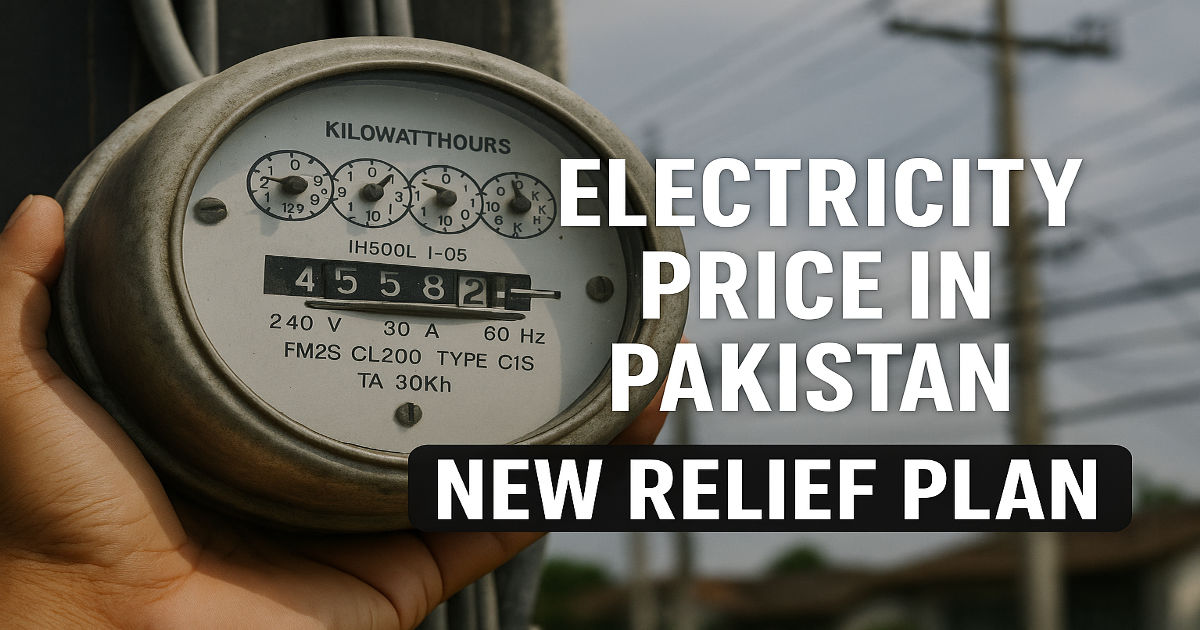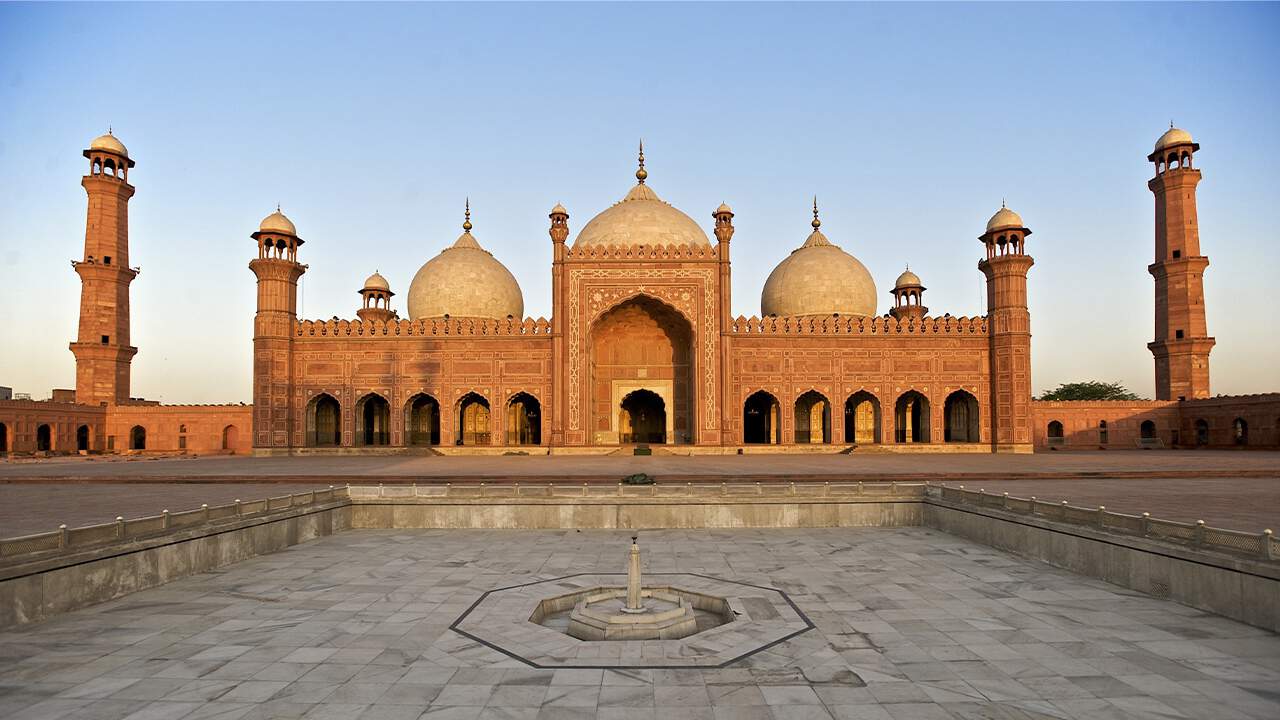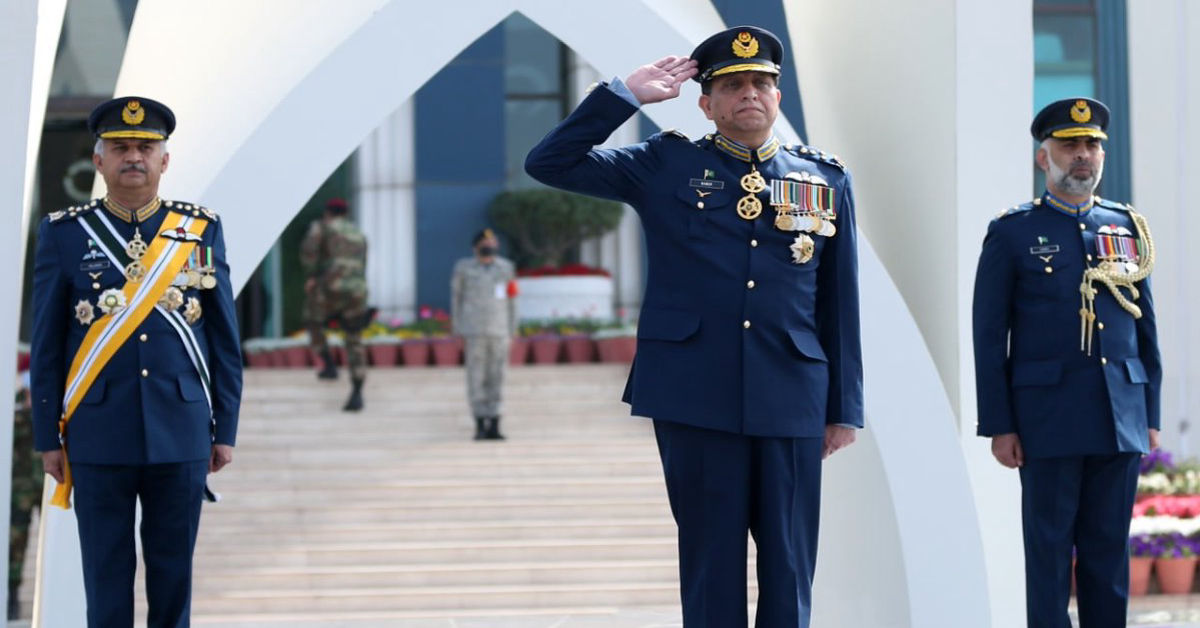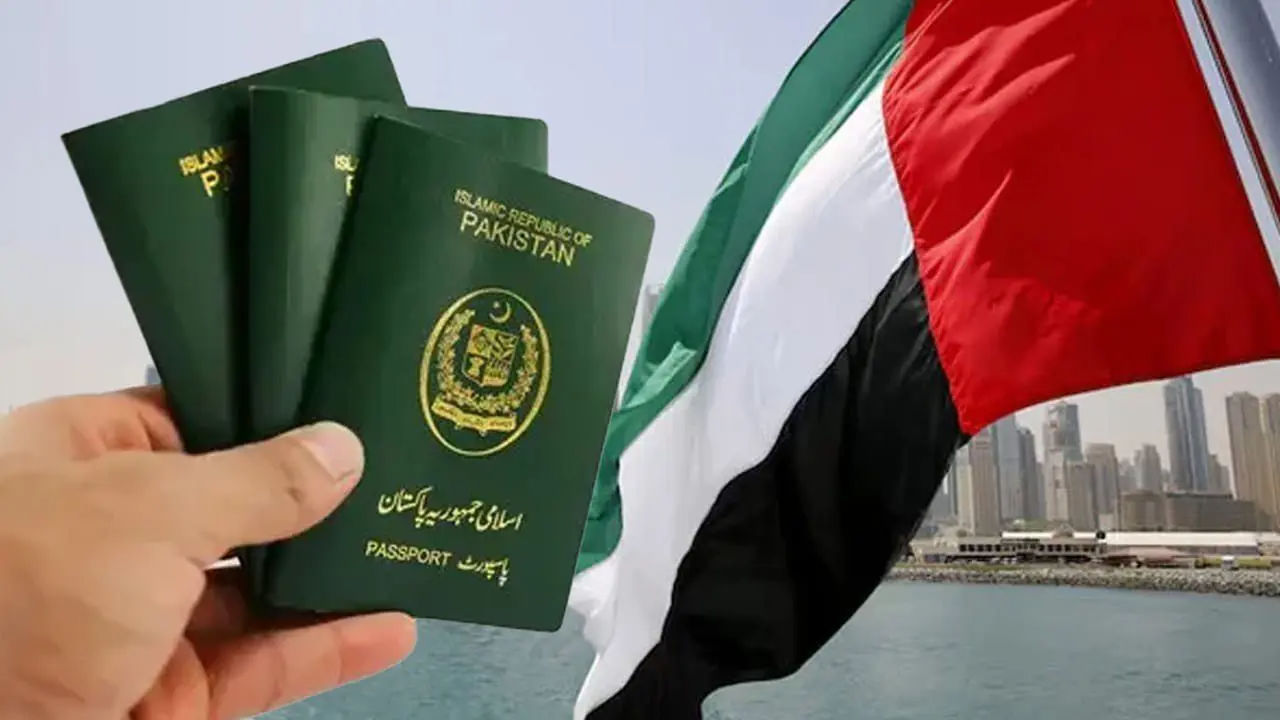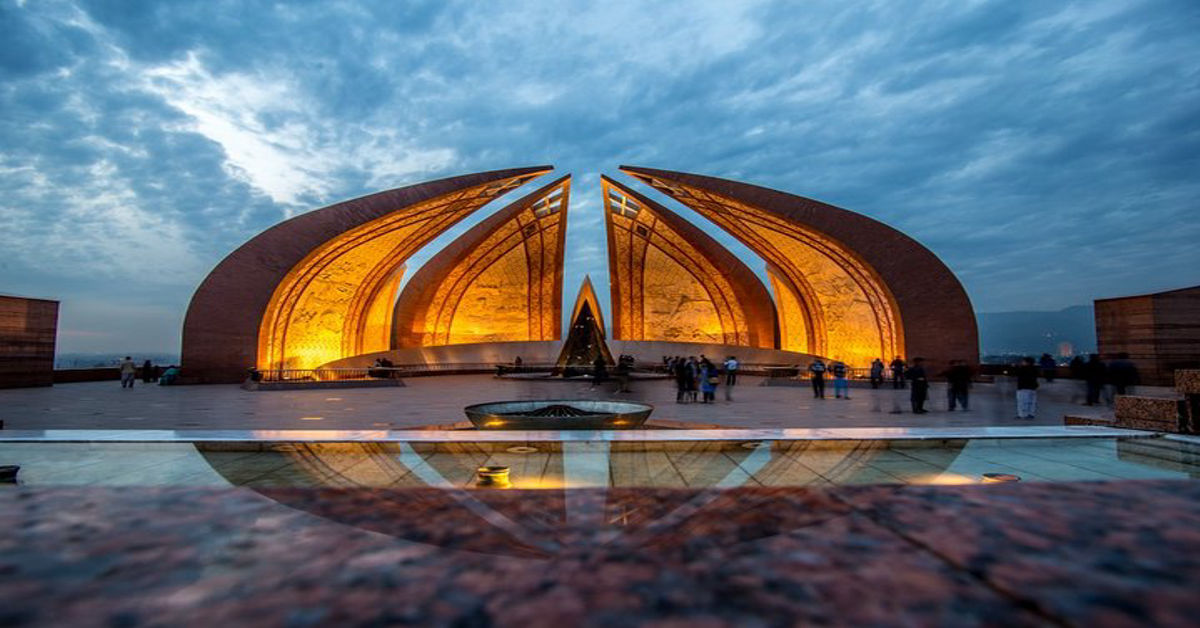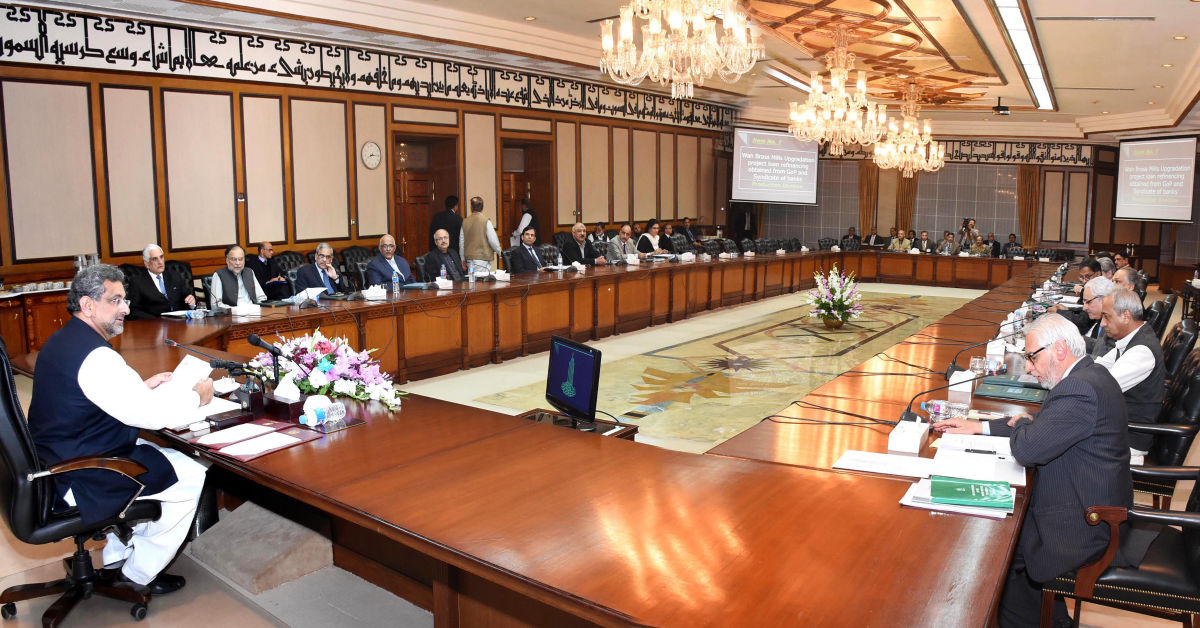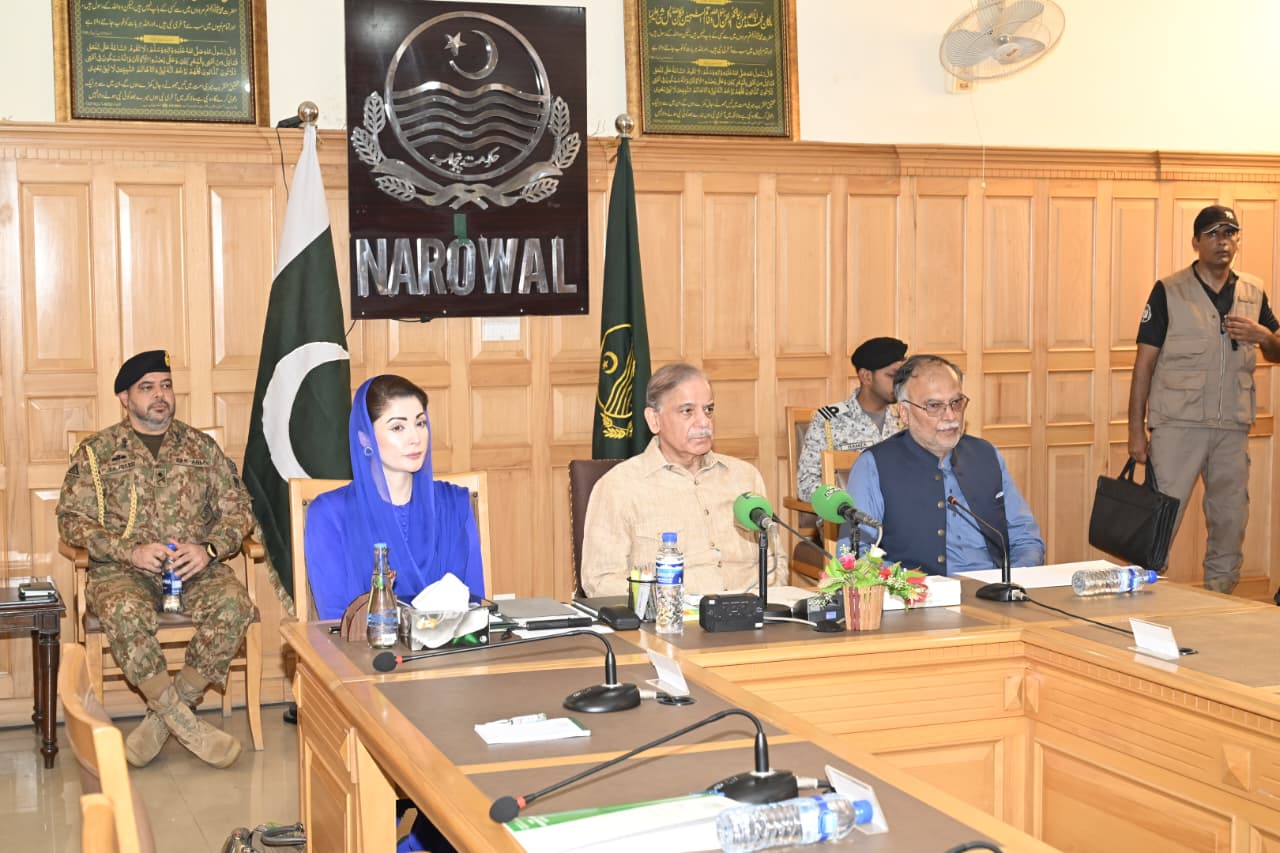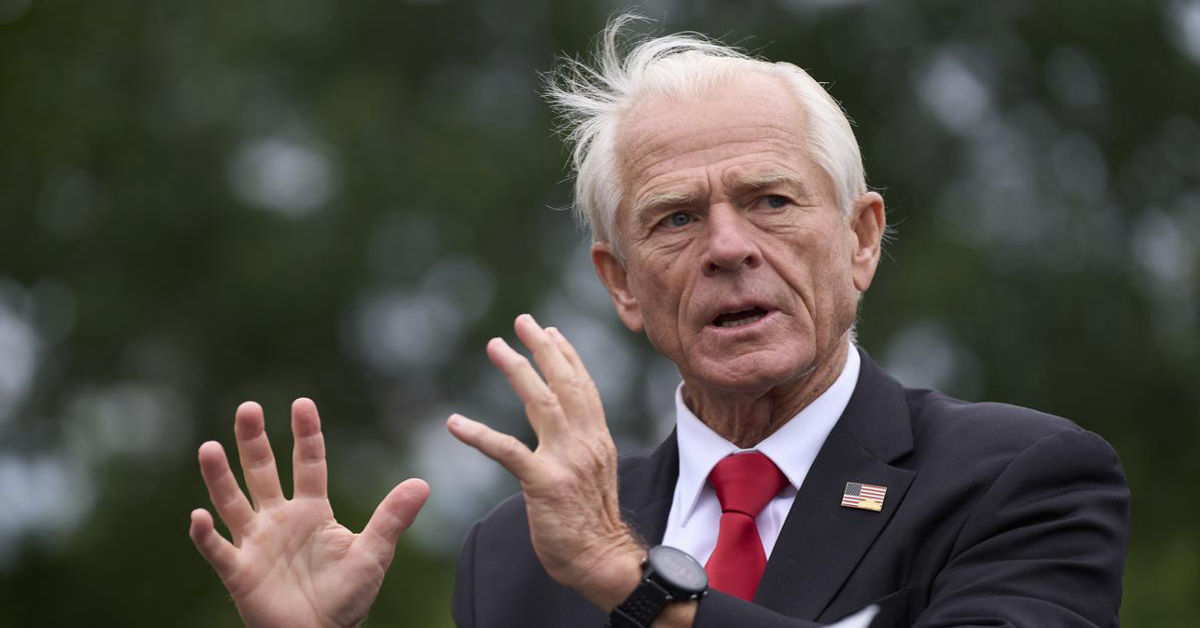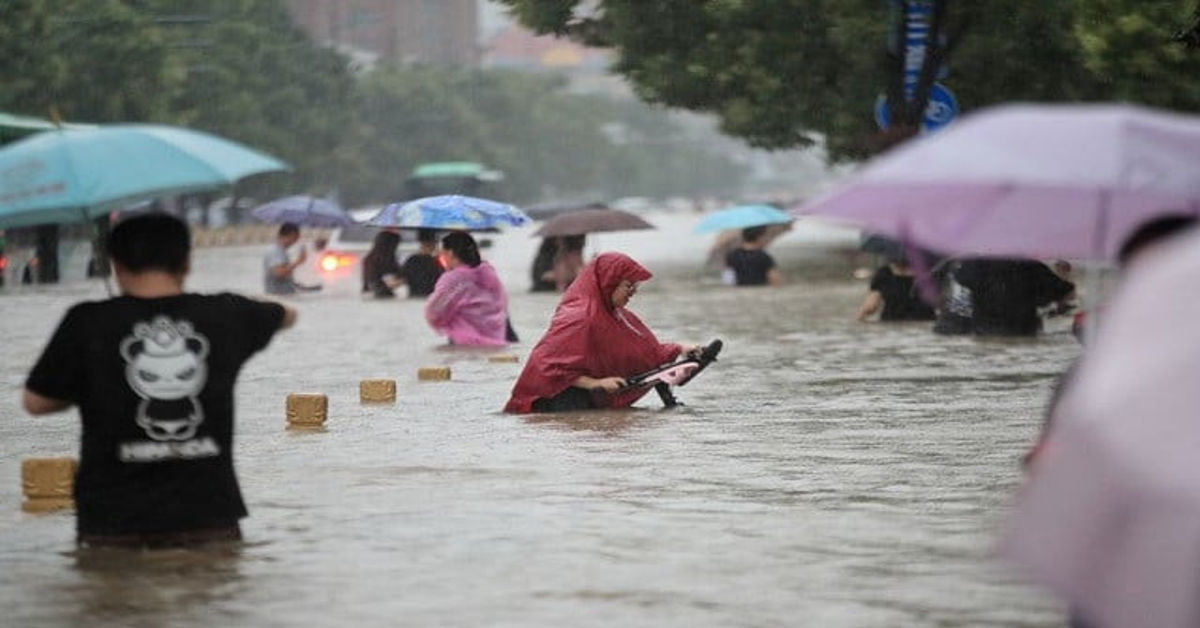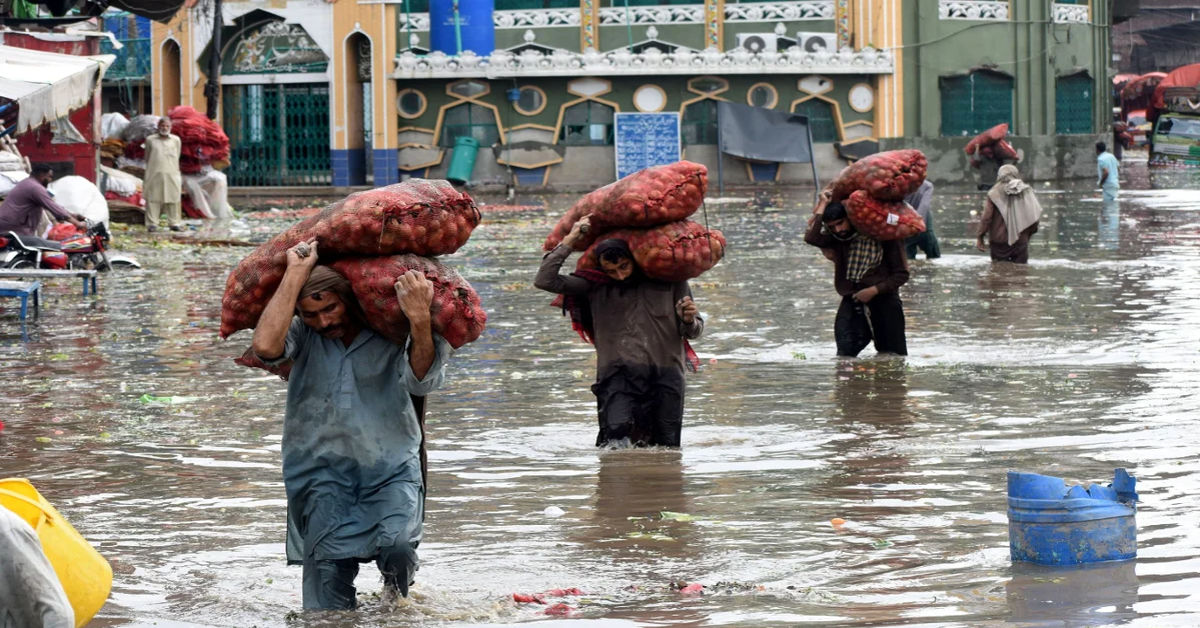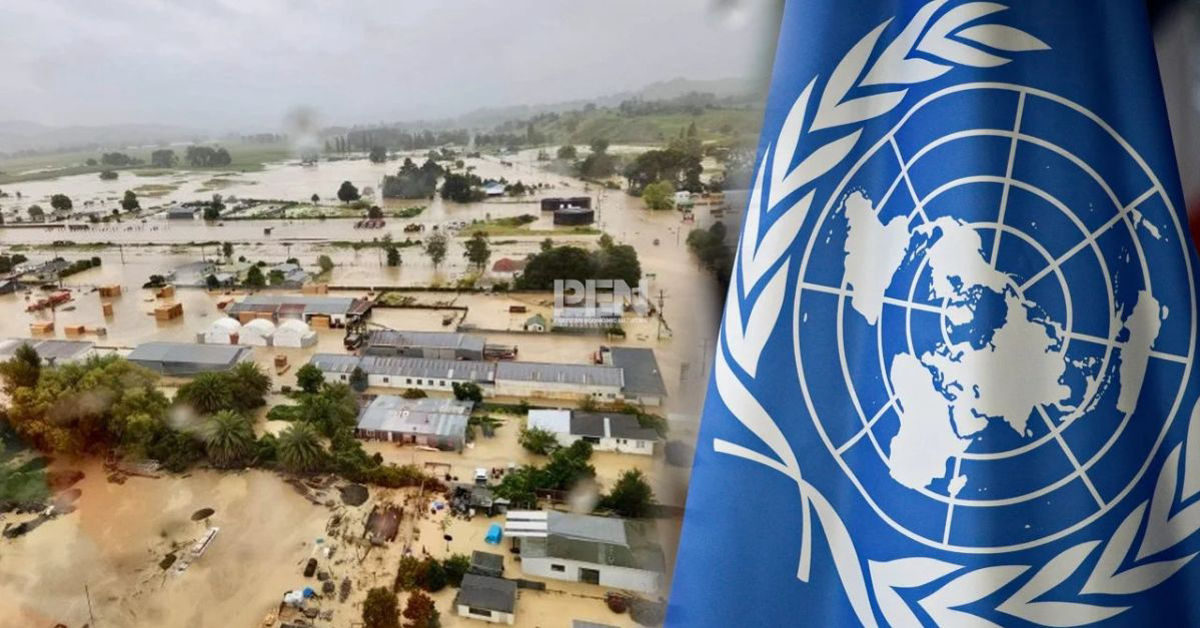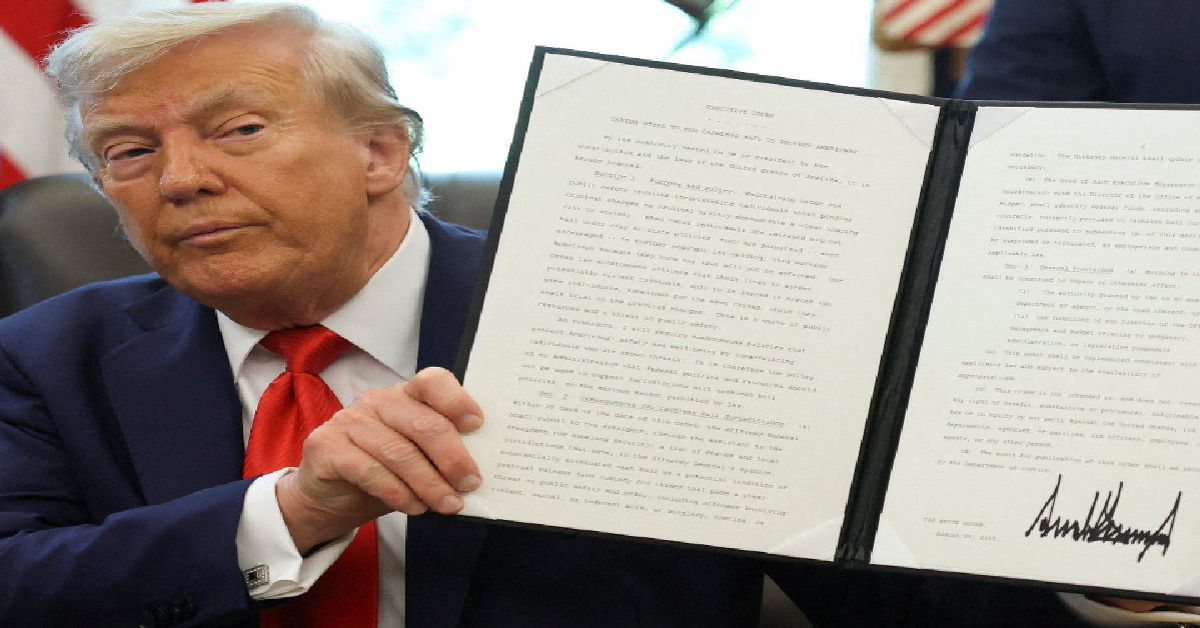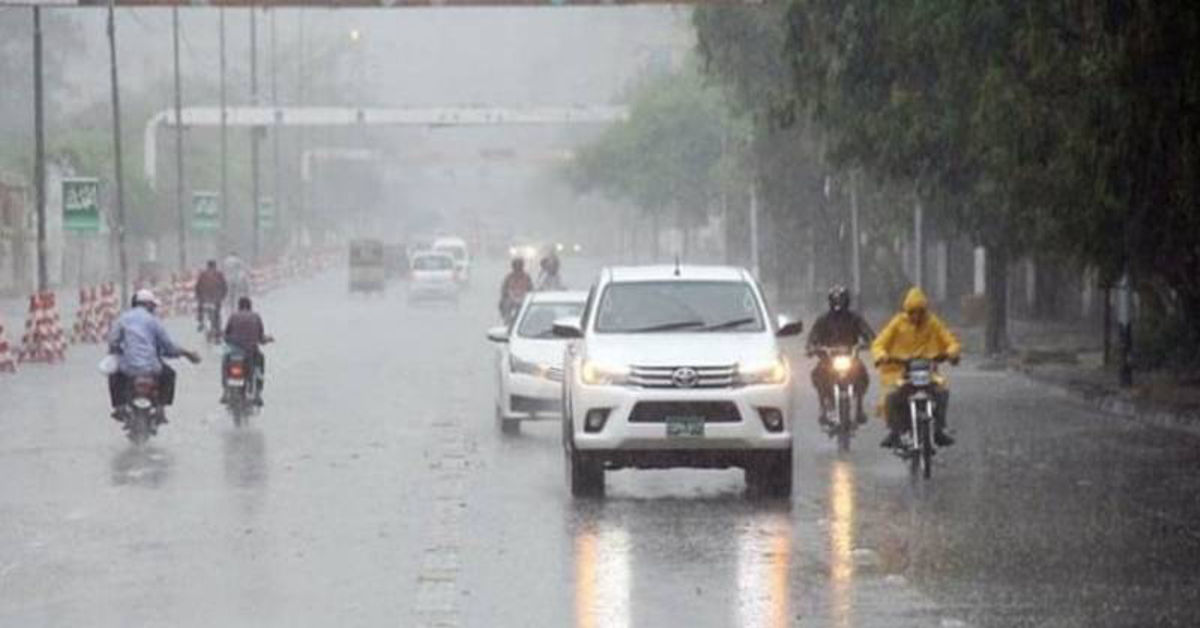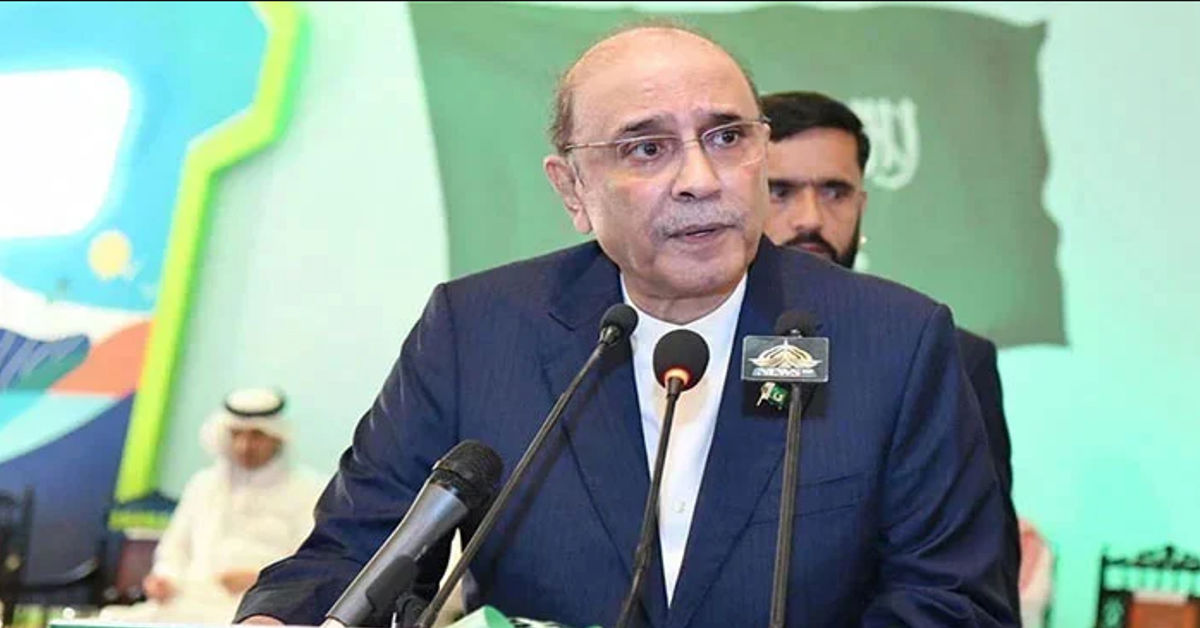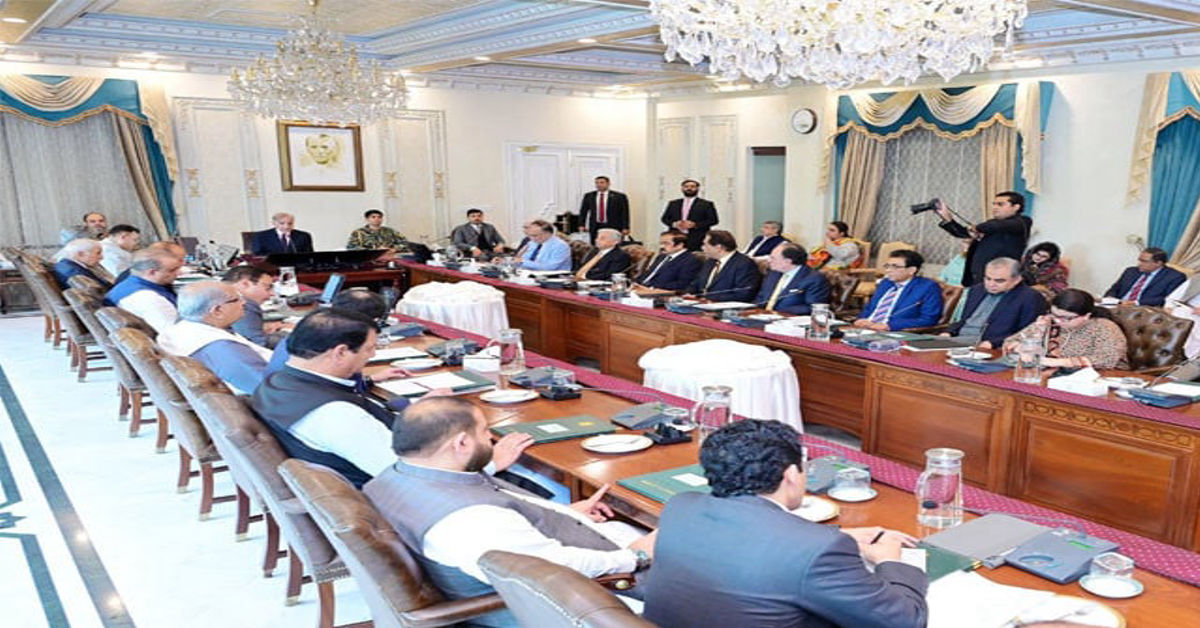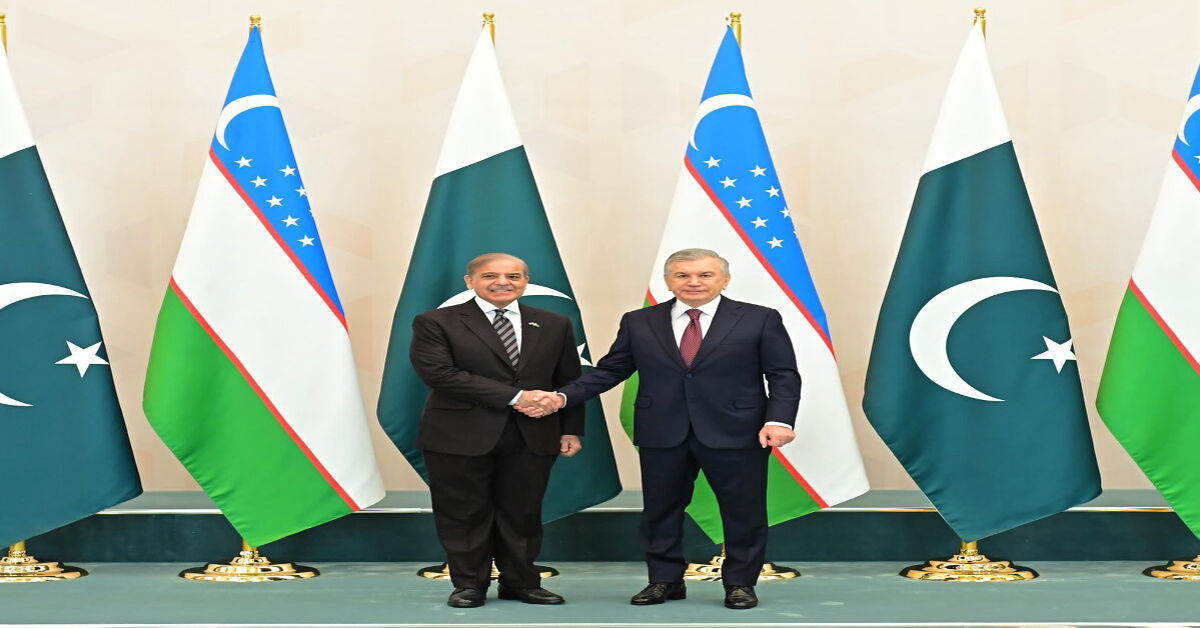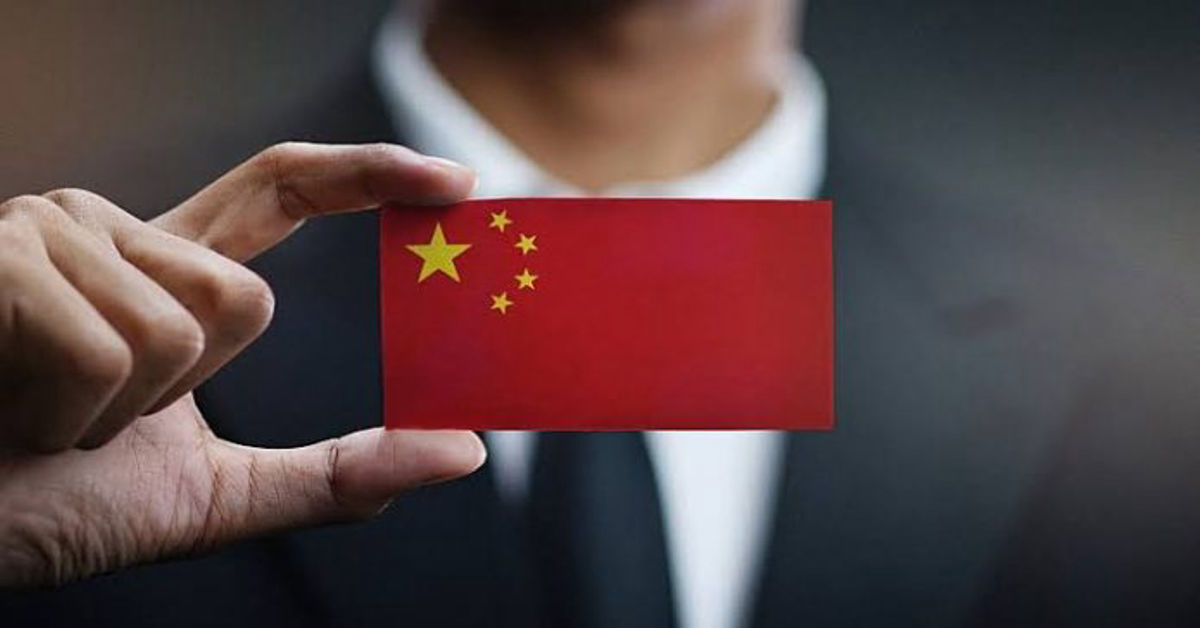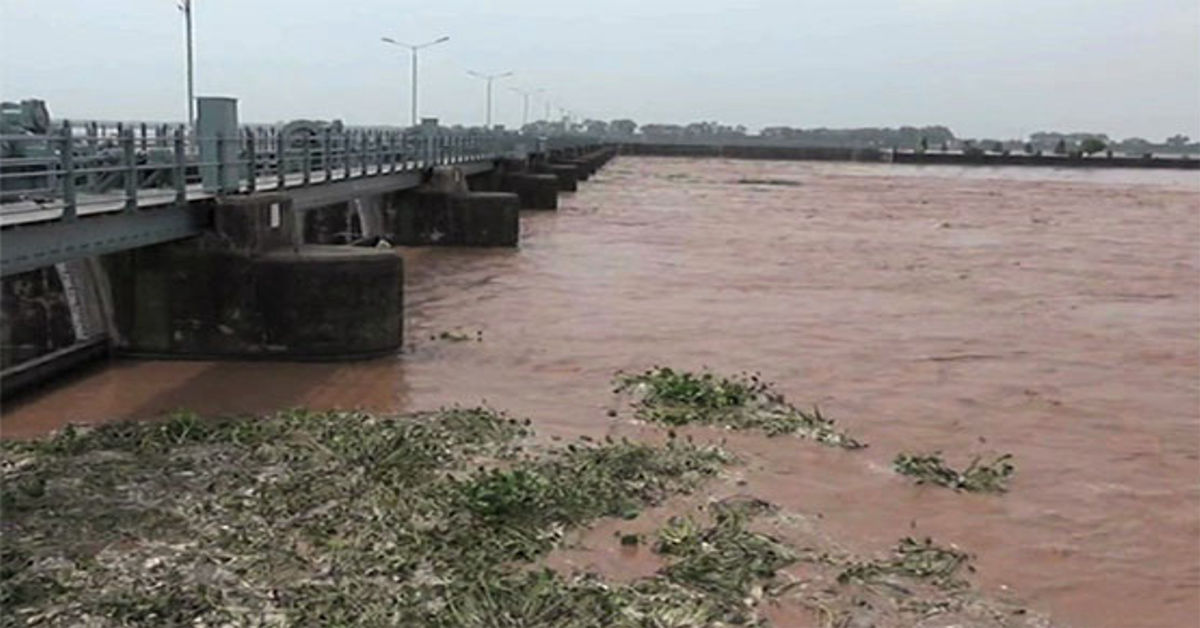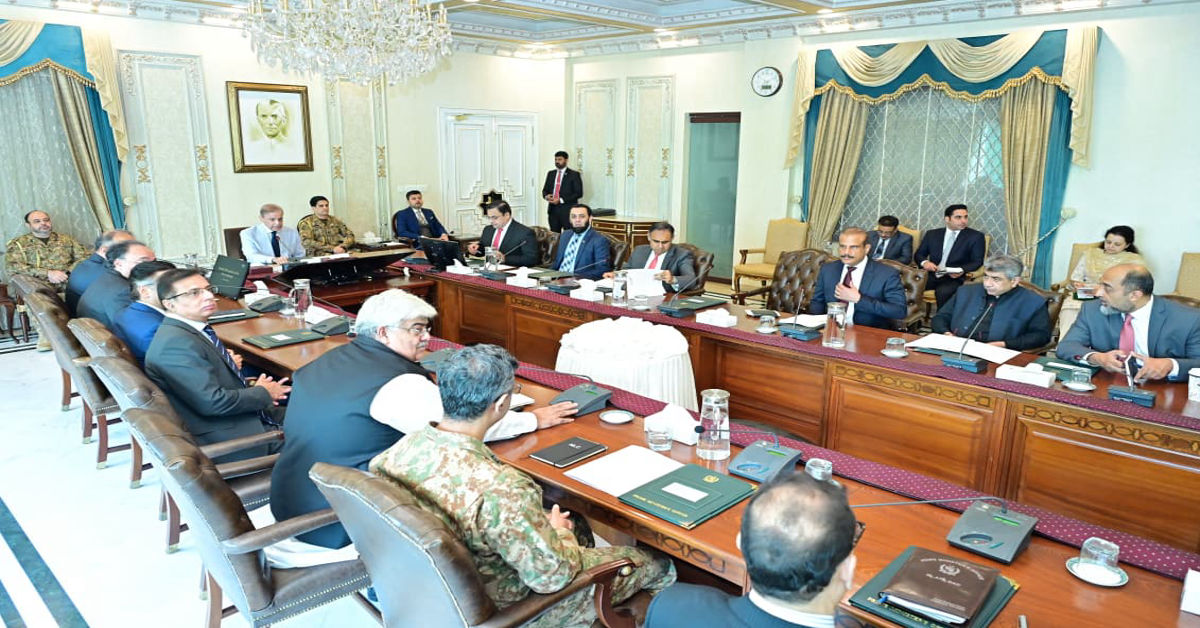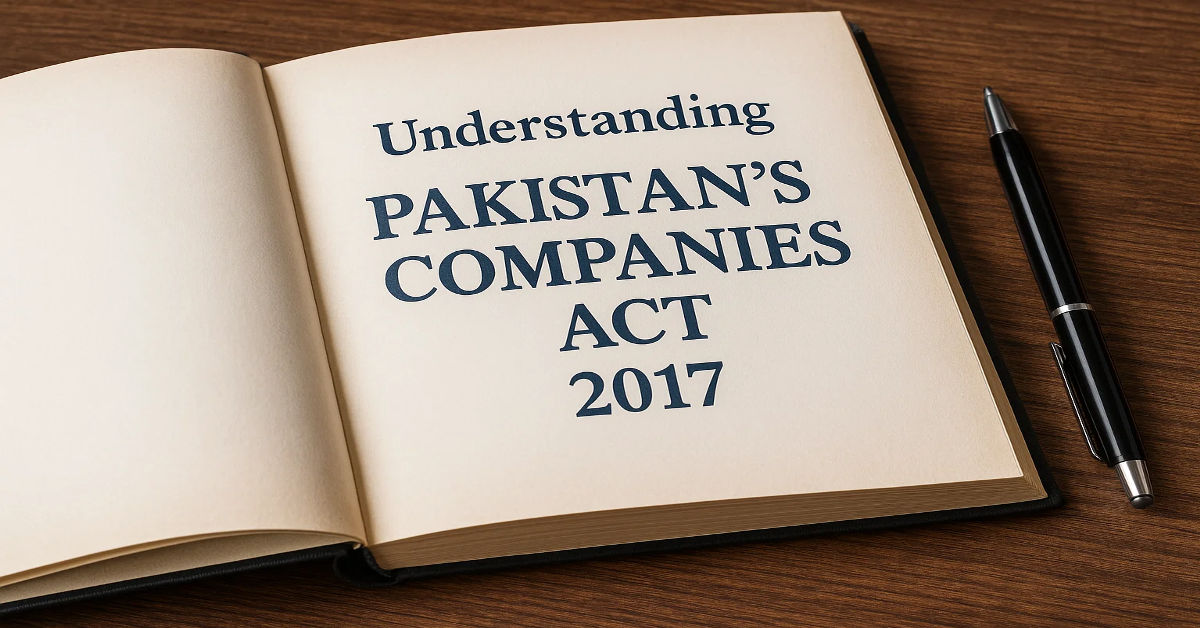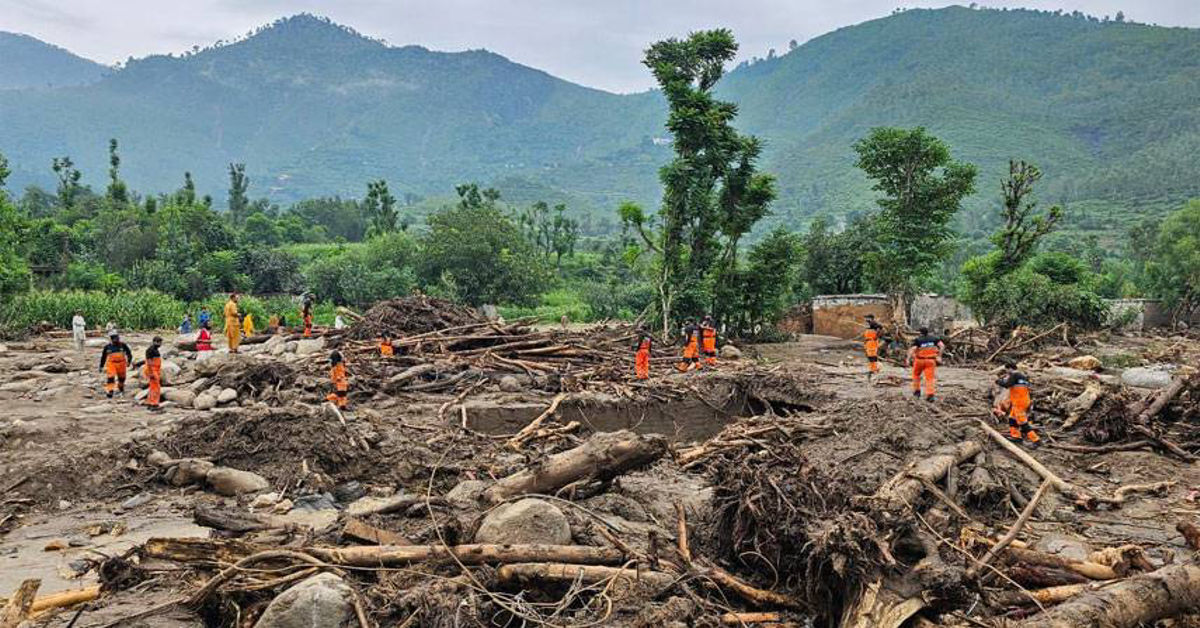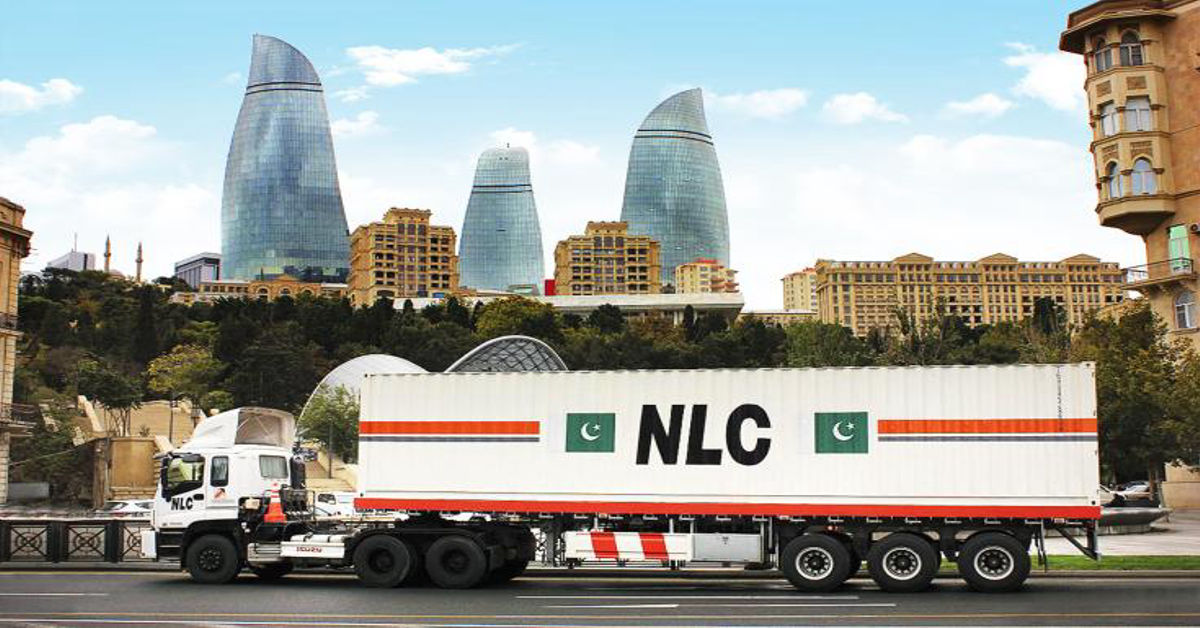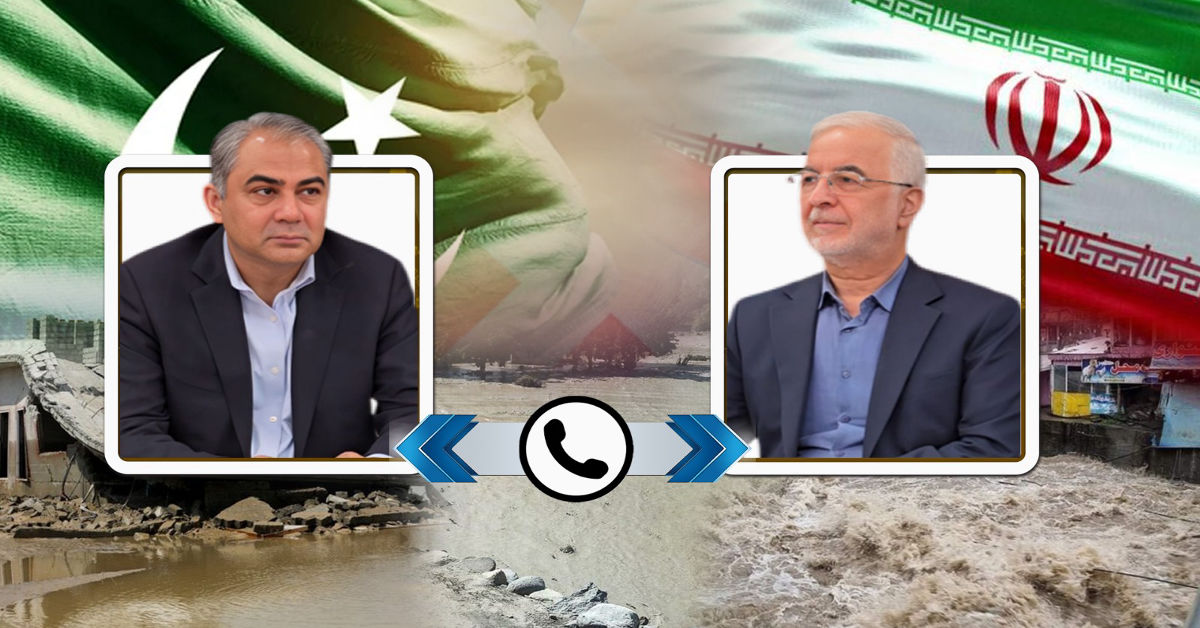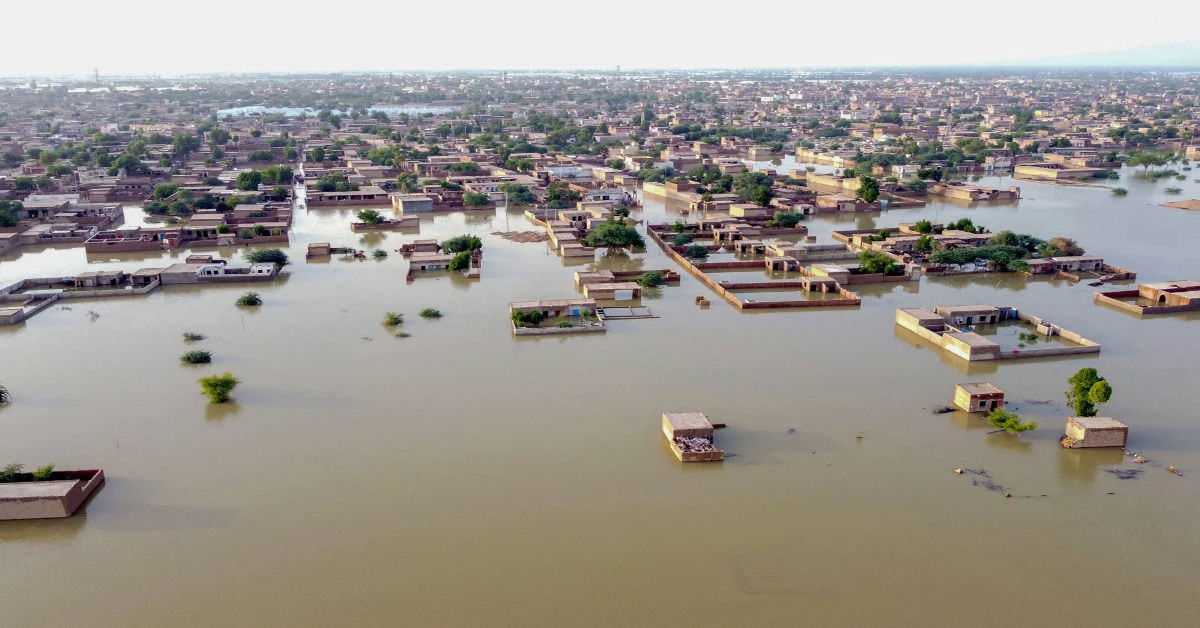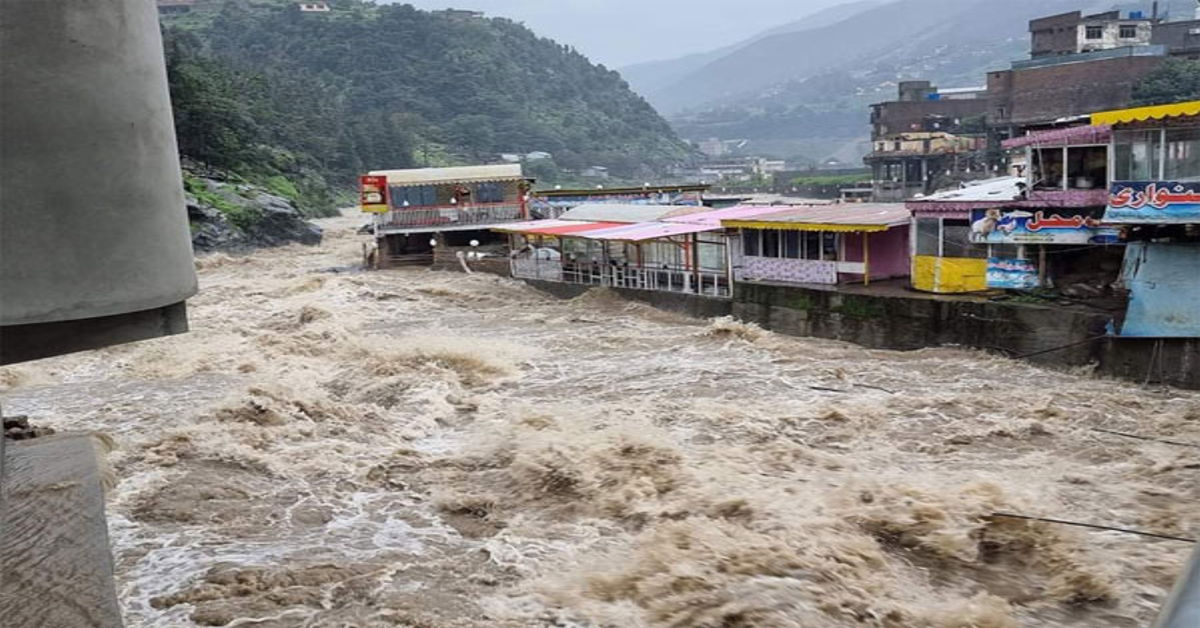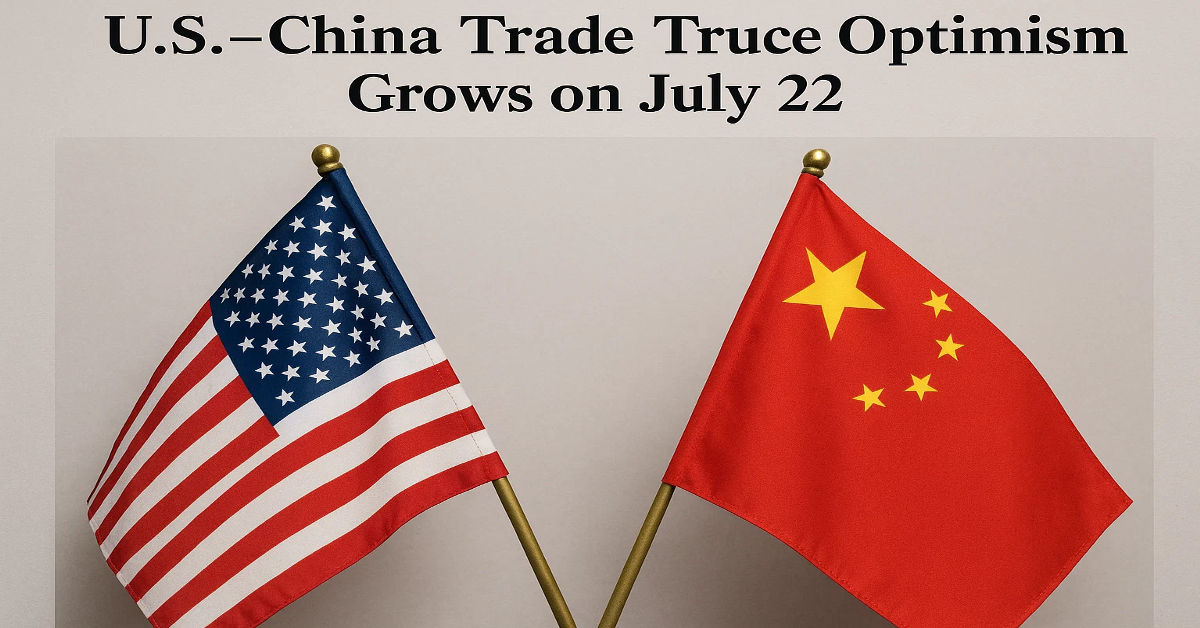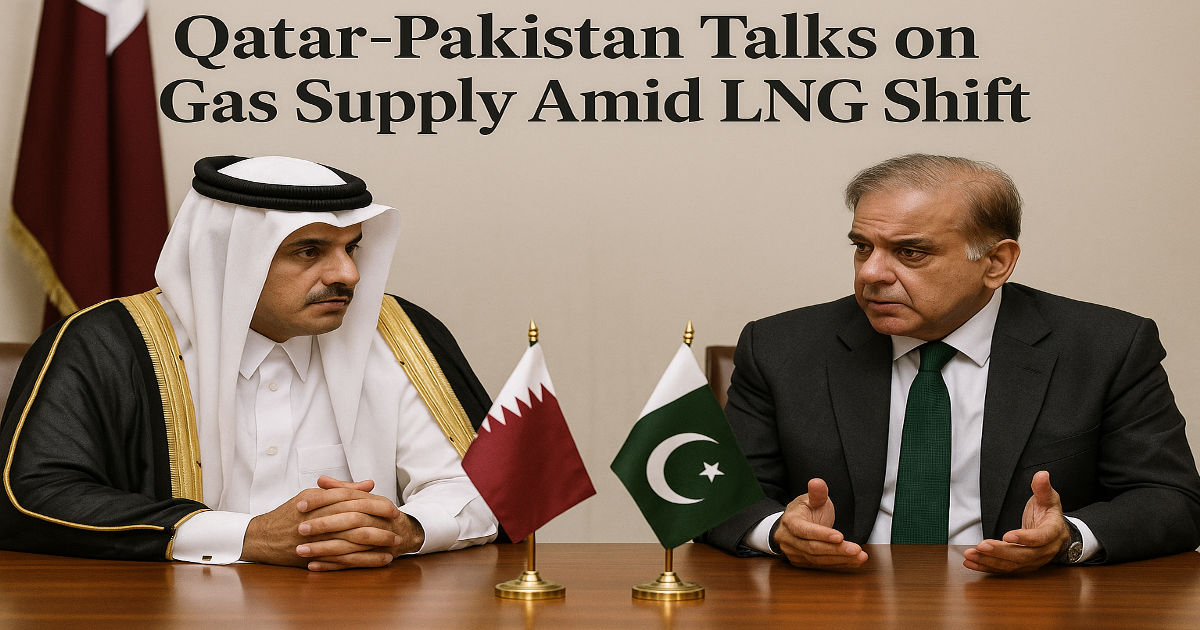
As trusted leaders in the global energy sector, Qatar Energy and Pakistan State Oil (PSO) bring decades of expertise and proven experience to their ongoing partnership. This week, seasoned officials from both organizations recognized for their commitment to energy security and market stability are scheduled to meet and address Pakistan’s request to adjust its liquefied natural gas (LNG) import schedule for 2025. These discussions, closely watched by international analysts and cited by outlets such as Bloomberg and Gulf Times, will be grounded in factual data and industry best practices. As Pakistan navigates a complex energy landscape marked by falling domestic demand for its primary gas supply and an accelerated shift toward alternative power sources, the outcome could reshape the energy partnership between the two nations and influence the global LNG market.
The Core of the Discussion
The focus of the upcoming talks is Pakistan’s formal request to either delay or resell approximately two dozen LNG shipments slated for delivery in 2025. These annual meetings, documented by both PSO and Qatar Energy in industry reports, provide a platform for transparent supply planning. The unprecedented scale of the requested reduction highlights Pakistan’s evolving energy needs and its ability, guided by expert analysis, to proactively manage resources.
Officials from PSO Pakistan’s state-owned importer with decades of procurement expertise will present their case to Qatar Energy, a globally recognized long-term LNG provider renowned for its reliability and industry leadership. Both entities are bound by robust long-term contracts designed to enhance supply security while allowing for responsible adjustments based on market realities and mutually verified data.
Factors Driving Pakistan’s Reduced Demand
Pakistan’s reduced gas consumption is the result of multifaceted, well-documented developments. Chief among these are economic reforms mandated under agreements with the International Monetary Fund (IMF), including increases in domestic gas and power tariffs. These policy measures, supported by research from the State Bank of Pakistan and the World Bank, have addressed mounting utility debts but also led to higher costs for consumers and businesses resulting in declining demand for the national gas supply.
Additionally, Pakistan’s rapid strides in solar generation validated by annual reports from the Alternative Energy Development Board underscore a pragmatic national energy transition. The embrace of solar solutions by both households and industries is reducing dependency on grid-based, gas-fueled power, supporting long-term sustainability goals articulated in government energy blueprints.
Government’s Stance and Tight Timelines
The Pakistani government’s involvement is marked by procedural transparency and a commitment to international obligations. Petroleum Minister Ali Pervaiz Malik, an experienced leader in energy regulation, has stated to Bloomberg News that PSO is in continuous, professional coordination with QatarEnergy to finalize an arrangement in line with best industry practices. “The government needs to lock in a plan for next year’s supplies by November 15,” Malik affirmed, ensuring clarity for all stakeholders.
The urgency of this deadline is supported by internal planning documents and expert financial forecasts, reinforcing Pakistan’s intent to manage its energy demand outlook responsibly. This professional approach enables Qatar Energy to adjust its own sales strategies, including options to reallocate freed-up cargoes on the spot market.
Qatar’s Role as a Key Energy Partner
Qatar’s global authority in LNG underscored by Qatar Energy’s successively renewed partnerships and positive reliability ratings from entities like S&P Global places it at the center of this dialogue. As Pakistan’s largest long-term LNG supplier, Qatar Energy has established a reputation for stability and adaptability, qualities that are consistently highlighted in international trade journals and annual corporate reports.
The flexibility now required will be managed within the framework of robust, time-tested long-term agreements, a model that sets a standard for the industry. Qatar Energy’s commitment to innovation and partnership continuity ensures that any adjustments will be made transparently, upholding trust between supplier and client while supporting regional energy stability.
QatarEnergy’s Broader Global Strategy
Qatar Energy’s international success is built on strategic portfolio diversification and prudent risk management, confirmed by news coverage from Reuters and industry whitepapers. The company has broadened its reach through major investments, such as a 27 percent stake with Shell in an Egyptian offshore block and energy ventures across Guyana, Lebanon, Namibia, and South Africa.
This wide-ranging experience across continents strengthens Qatar Energy’s ability to support clients like Pakistan and adapt to the realities of import dependence by maintaining supply flexibility and robust contractual relationships.
Potential Market Implications
The outcome of these talks, as evaluated by market experts from consultancies like Wood Mackenzie and referenced in Financial Times analyses, holds weight for the wider LNG market. If Pakistan’s request moves forward and excess cargoes enter the spot market, traders could expect short-term shifts in pricing, particularly if global demand remains subdued.
Furthermore, the negotiation reflects a broader industry trend: nations increasingly must balance long-term import dependence with a dynamic energy transition shaped by policy, technology, and shifting consumption patterns. The approach taken by Qatar and Pakistan will serve as a benchmark for other countries negotiating similar long-term LNG contracts in the era of renewables expansion.
Conclusion
The scheduled meetings between Qatar and Pakistan are a testament to both nations’ experience and authority in energy management. By navigating the complexities of reduced gas consumption, a result of carefully considered tariff reforms and a growing commitment to cleaner power Pakistan seeks a flexible, mutually beneficial agreement that will safeguard its energy future. The transparency, professionalism, and mutual trust that define these talks demonstrate best practices for long-term gas supply contracts. As the industry observes, this case will contribute valuable insights into trust-based, data-driven contract management for dynamic global energy needs.
Frequently Asked Questions (FAQs)
1. Why is Pakistan asking to reduce its LNG imports from Qatar?
Pakistan’s lower natural gas demand is the result of tariff hikes linked to IMF-linked reforms and increased reliance on solar power generation, as reported by Bloomberg and the World Bank.
2. What does Pakistan want to do with the extra LNG cargoes?
Pakistan is seeking to either postpone around two dozen LNG shipments for 2025 or resell them on the global spot market. This approach is coordinated with input from both PSO and Qatar Energy.
3. Is this a common occurrence in LNG contracts?
While annual supply talks are standard, the scale of Pakistan’s request is rare and highlights the growing need for contract flexibility as noted in LNG industry analyses and the evolving energy transition.
4. How might this affect global LNG prices?
If the extra cargoes are sold on the spot market, leading price consultancies anticipate possible short-term downward price movement, depending on worldwide demand at the time.
Sources: Bloomberg, Reuters, S&P Global, State Bank of Pakistan, World Bank, Financial Times.

